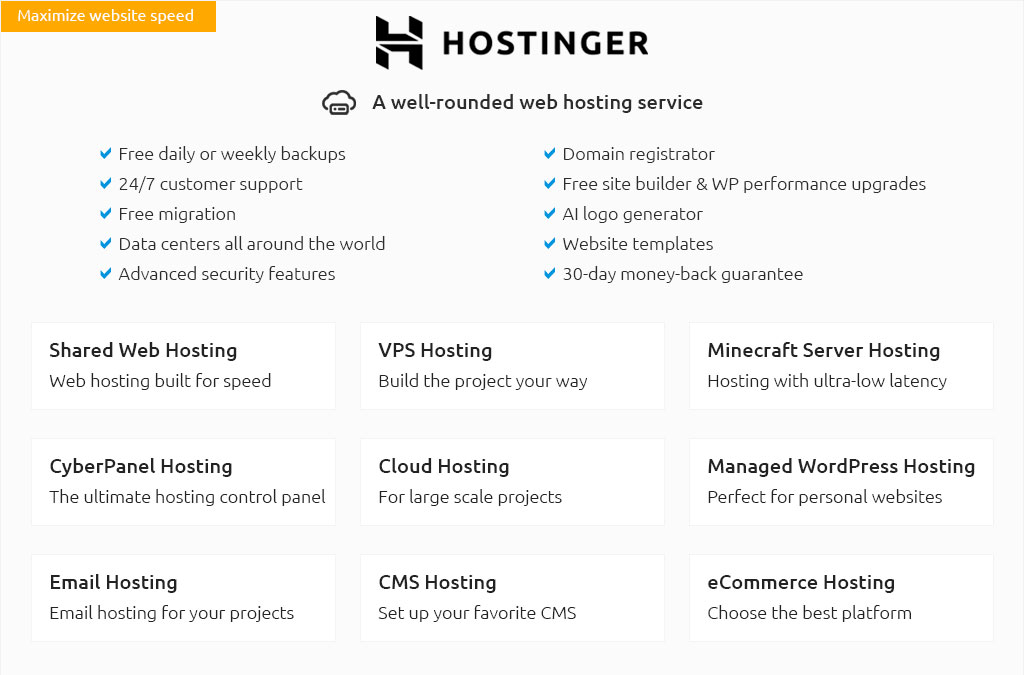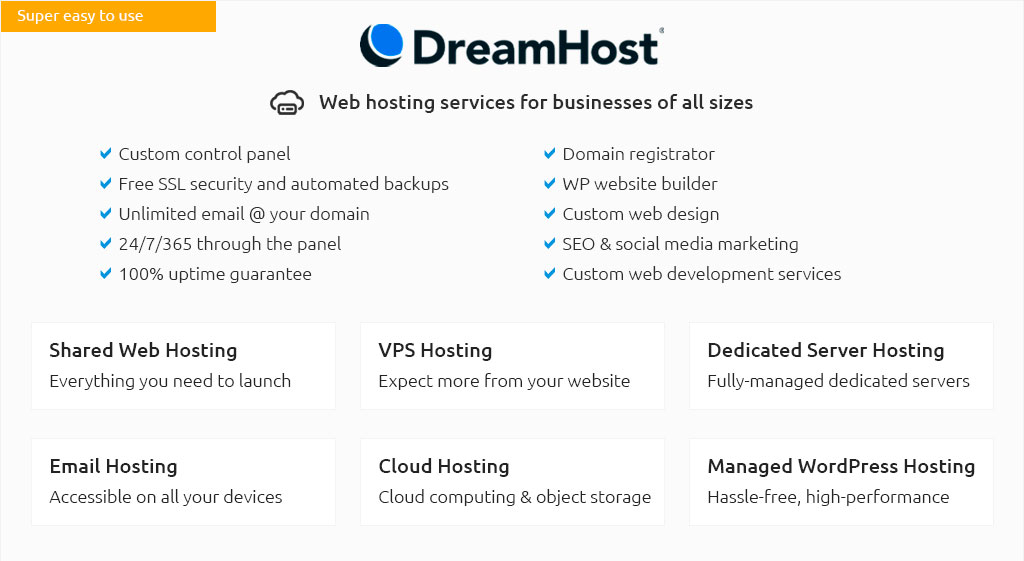 |
|||
 |
 |
 |
|
 |
|
 |
 |
 |
|||
 |
|||
 |
|||
 |
|||
 |
|||
 |
|||
 |
 |
Exploring Data Processing and Hosting Services: Making Informed DecisionsIn the ever-evolving landscape of technology, data processing and hosting services have become pivotal components for businesses seeking agility, scalability, and efficiency. As companies increasingly rely on digital infrastructures, understanding the nuances of these services can greatly influence operational success. This article aims to delve into the intricacies of popular data processing and hosting options, providing a comprehensive overview to aid businesses in making informed decisions. The first option that often comes to mind is Amazon Web Services (AWS). AWS is renowned for its vast array of services and flexibility, catering to businesses of all sizes. Its pay-as-you-go pricing model and extensive global reach make it a go-to choice for many. However, the complexity of its offerings can be daunting for some, requiring a steep learning curve to fully leverage its capabilities. In contrast, Microsoft Azure offers a more familiar interface for enterprises already entrenched in the Microsoft ecosystem. Azure's seamless integration with Microsoft tools and its robust hybrid cloud capabilities are significant advantages, although its pricing structure can sometimes be less transparent. On the other hand, Google Cloud Platform (GCP) stands out with its strong focus on data analytics and machine learning services. Its cutting-edge tools for artificial intelligence and data science are appealing to tech-driven organizations. However, GCP's market share is smaller compared to AWS and Azure, which may influence the level of community support available. Meanwhile, IBM Cloud emphasizes its strength in providing industry-specific solutions and enterprise-grade security. It's particularly appealing to businesses in sectors like finance and healthcare, where compliance and data protection are paramount. For businesses prioritizing ease of use and cost-efficiency, DigitalOcean presents a compelling alternative. Known for its simplicity and developer-friendly approach, DigitalOcean is ideal for startups and small businesses seeking straightforward solutions without the frills. However, it may lack some advanced features offered by larger providers. Similarly, Linode offers straightforward pricing and a user-centric model, but like DigitalOcean, it may not scale as effectively for larger, more complex needs. When evaluating these options, it's crucial to consider factors such as
In conclusion, the landscape of data processing and hosting services is rich with options, each presenting unique benefits and challenges. As businesses navigate this terrain, a thoughtful assessment of their specific requirements and strategic goals will be essential in selecting a provider that aligns with their long-term vision. Ultimately, the right choice will empower organizations to harness the full potential of their data, driving innovation and competitive advantage in an increasingly digital world. https://www.bls.gov/iag/tgs/iag518.htm
Industries in the Data Processing, Hosting, and Related Services subsector group establishments that provide the infrastructure for hosting and/or data ... https://www.ibisworld.com/united-states/industry/data-processing-hosting-services/1281/
In 2024, the data processing and hosting service market, includes giants like Amazon Web Services (AWS), Microsoft Azure and Google Cloud Platform (GCP). https://megadepot.com/industries/data-processing-and-hosting-services?srsltid=AfmBOorqq6cPYvbRWU934Rxs5kaes04obsSA7MCegep02Cz1DYVz5F-R
Data processing, hosting, and related services are involved primarily in handling large amounts of data for businesses, organizations, and individuals. Data ...
|